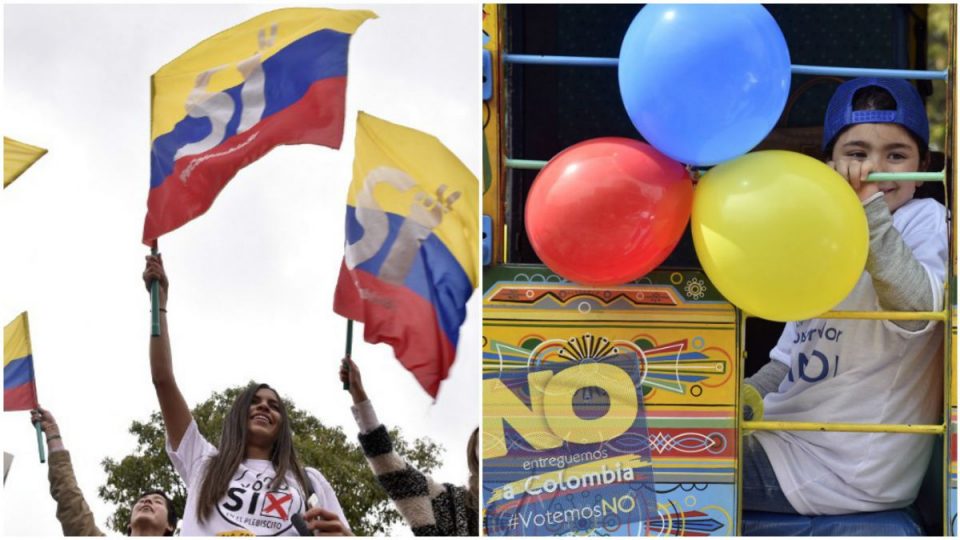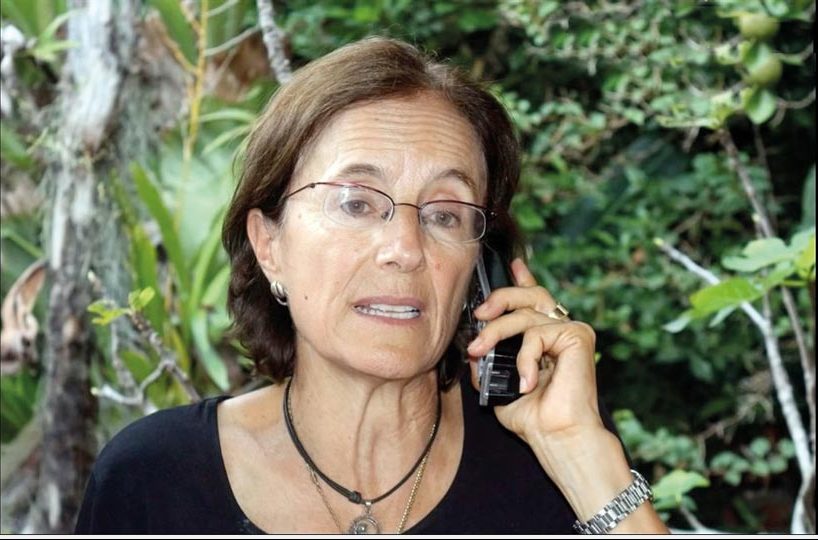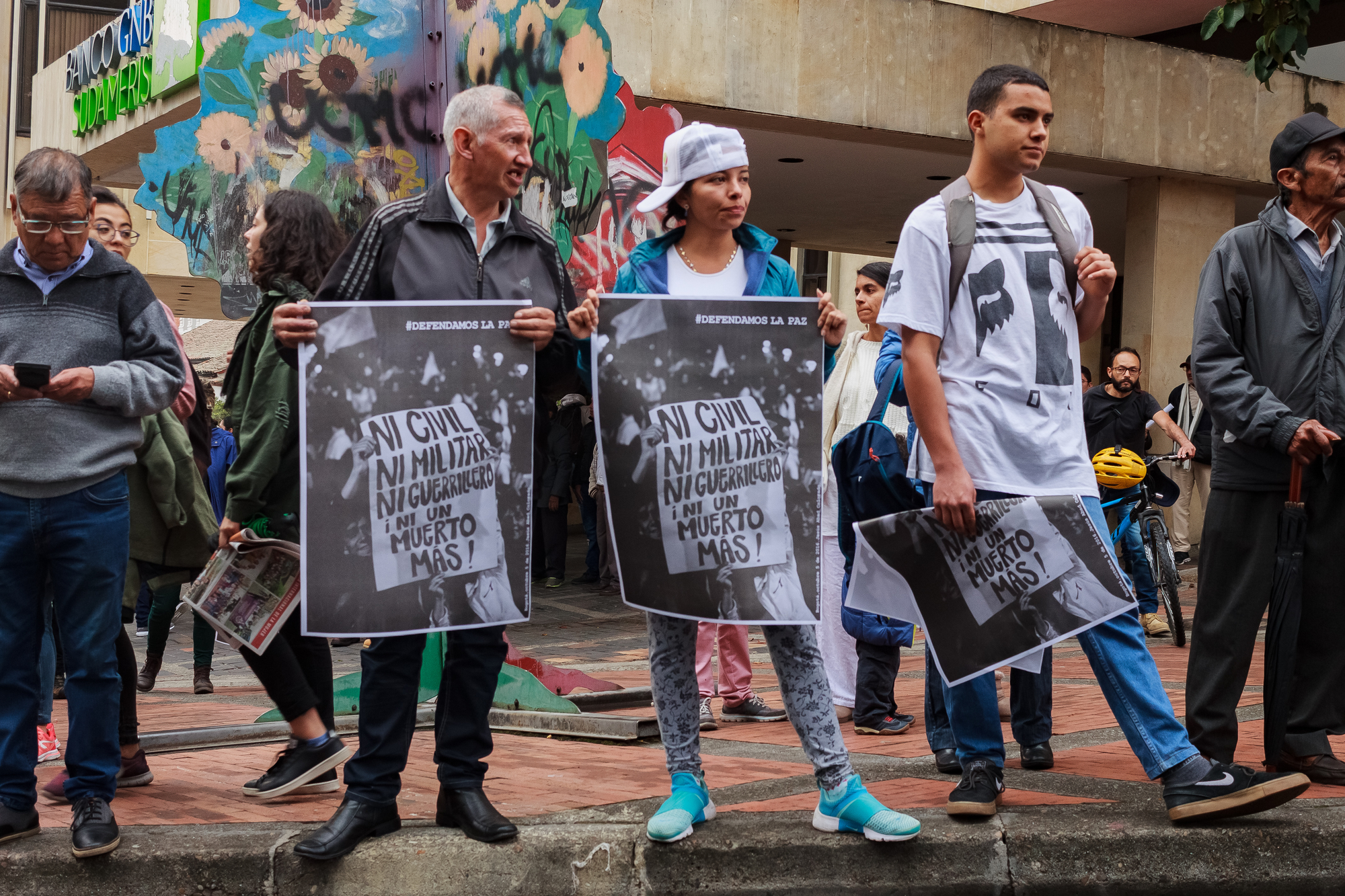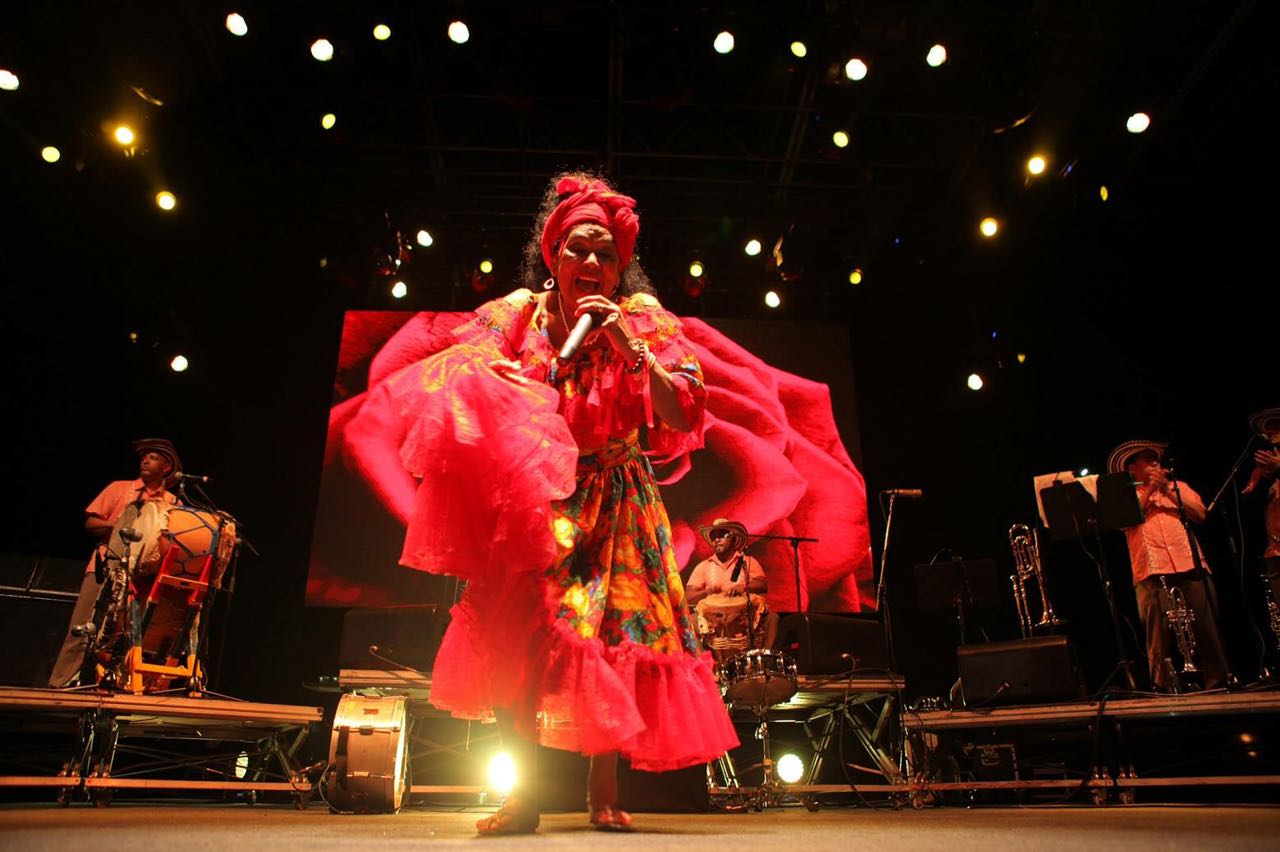 Constitutional Court ruling paves the way for same sex marriage bill
Constitutional Court ruling paves the way for same sex marriage bill
On Thursday April 7, Colombia’s Constitutional Court made the historic decision to throw out a proposed bill that sought to define marriage as solely between man and woman.
Conservative magistrate Jorge Pretelt saw his proposal – which would have prevented notaries from registering same-sex civil unions as marriages – defeated by six votes to three by the Constitutional Court’s current liberal majority.
The ruling paves the way for Colombia to become the fifth Latin American nation behind Argentina, Brazil, Mexico and Uruguay – and twenty-fourth worldwide – to pass legislation enshrining equal marriage rights for same-sex couples.
The court requested that Judge Alberto Rojas Ríos draw up a proposal for the removal of discrimination based on sexuality from Colombian marriage laws. A new bill will be proposed within 10 to 15 days and is expected to be passed into law shortly afterwards.
The verdict has been celebrated by activists as another step forward in the country’s civil rights legislation. Same-sex unions have been recognised by civil contract since 2011 and homosexual couples have been able to access many of the benefits of marriage including inheritance, pension plans and healthcare since a decree was passed in 2013.
In essence, the new ruling opens the door for these unions to enjoy exactly the same legal status as heterosexual marriages. Notaries who refuse to marry same-sex couples will now be deemed to be violating constitutional rights.
The relatively sudden nature of the verdict surprised many and the strong backlash from religious and conservative leaders reflects deep divisions in society.
Pretelt vowed to “continue fighting against the current, to surmount the cultural crisis that besets our society.”
Monsignor José Daniel Falla, secretary general of the Episcopal Conference of Colombia, likened the move to “removing the cement from society.” He told El Pais that the ruling goes against Article 42 of the constitution, which matches the church’s stance that a marriage should be between a man and a woman.
In contrast, Semana columnist Daniel Samper Ospina declared that “religious beliefs should not come before equal rights,” while prominent LGBT rights group Colombia Diversa thanked the Constitutional Court for “supporting equality” and invited couples and activists to join them in celebrating on the steps of the Palacio de Justicia on Plaza de Bolívar.
Renowned Colombian gay rights activist Manuel Velandia Mora, currently living in exile in Spain, hailed “leaders, living and dead, exiled or in our country” for making equal marriage rights a reality.
By John Bartlett





